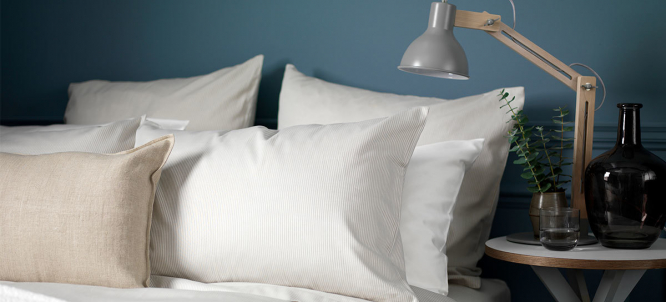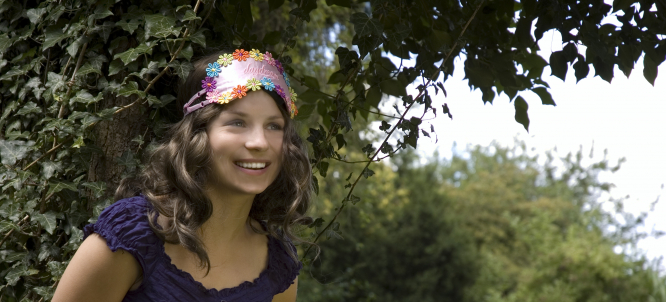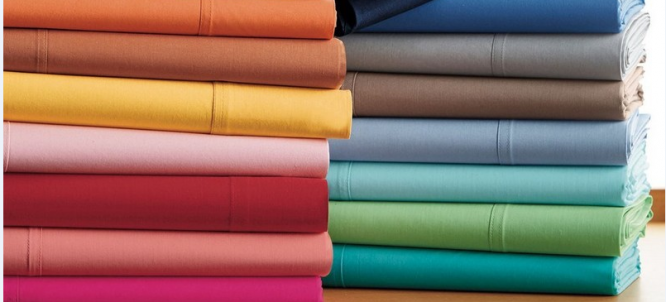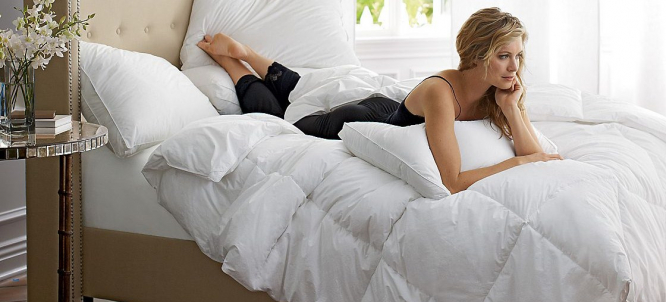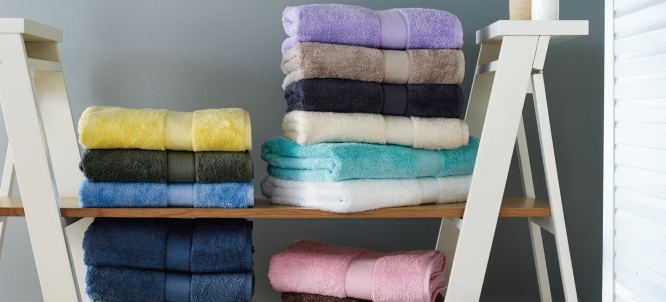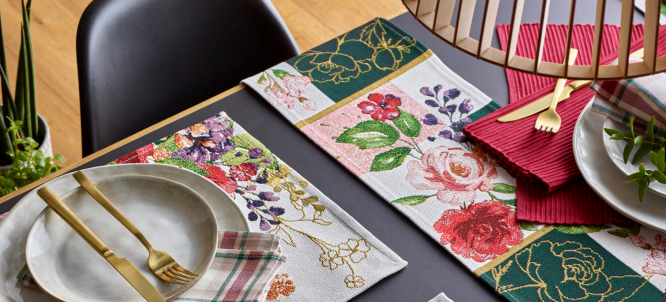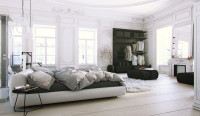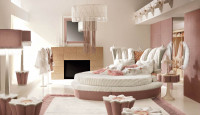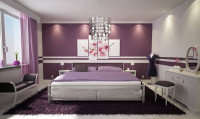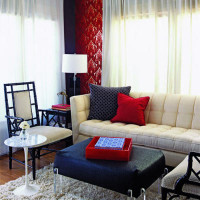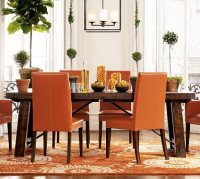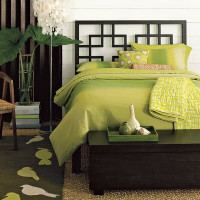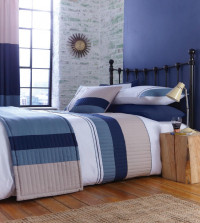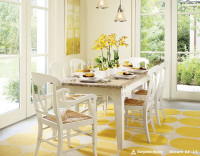Psychology of Color
Colors have always been an important part of the human society – from natural warning signs during primitive periods to means for improving mood nowadays.
Ever since man understood that fiery red means danger and small purple forest fruits are poisonous, colors have become associated with moods and feelings.
Religious artists used color as a form of shorthand – the images of people in blue, which are looking through the dirty window invoke reflection and anticipation. While those painted in green – hope. Even saints are associated with different colors.
That is why the colors, which you are going to use for your bedroom and other rooms, can influence your mood. See how, we start with red:
Red
It is associated with - danger, passion, energy, heat, adventure and optimism
Perfect for - dining room, as it conveys sociality, sincere feelings and stimulate appetite
Disadvantages - can lead to over-effects and headache. Either paint only one wall in red or use the color only for accessories. It is not recommended for children's rooms.
Purple
It is associated with – creativity, fertility, joy, and also with magic and sex
Perfect for – bedrooms!
Disadvantages - can lead to tension headache if overdone with it
Pink
It is associated with – love
Perfect for – bedroom, since it stirs peace
Disadvantages - It may seem too infantile. To neutralize this effect, add notes of dark brown or black
Orange
It is associated with - stability, security, warmth; it is believed that it helps digestion
Perfect for - living room and dining room
Disadvantages – if used in the bedroom it may keep you wake. It makes rooms to look smaller, since it’s a progressive color, so if you are going to use it make sure there is enough natural light.
Green
It is associated with - nature and energy, calmness and relaxation, balance (average color between red and blue), security, stability
Perfect for - bedroom and living room
Disadvantages – too much green makes people relax. Use little red or orange to counter this effect.
Blue
It is associated with - serenity, intelligence; it is believed that it keeps hunger away; loyalty, purity, authority, protection, reflection, keeps the nightmares away
Perfect for - bedroom, bathroom, study room
Disadvantages – It may look cold and unwelcoming. May sure it does not look too cold, do so by choosing softer range of the color
Yellow
It is associated with - sunlight and energy, stimulates intellect
Perfect for - kitchen, dining room and rooms facing north
Disadvantages - not a calm color for a bedroom; stimulates feelings of emotional desire
Purple
It is associated with - religion, femininity, uncertainty (line between heaven and paradise)
Perfect for - bedroom and bathroom for creating a space without stress
Disadvantages - can be insipid. Mix it with black, gray or both
Brown
It is associated with - security, stability and practicality
Perfect for - living room
Disadvantages – it needs a second color for liveliness, like green or blue
Black
It is associated with - Hereafter, eccentricity, drama. It is an anti-color, which absorbs color and reflects nothing
Perfect for - use it sparingly
Disadvantages - depressing color. Use it to lower the effect of other sweet colors like pink, but do not use it for a base color.


